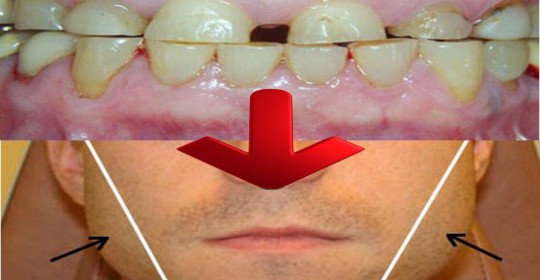
BRUXISM (TEETH CLENCHING)
Bruxism is the grinding, gnashing, or clenching of teeth together. Many people do it in during daytime and many do it during their sleep. It’s important to understand the bad effects of bruxism and how it can affect your dental health. Around 8% of the population is Bruxers. The condition can range in severity from infrequent clenching to outright mashing. About 10% of bruxers suffer with no real cure, but there are ways of preventing teeth grinding. An average person’s tooth enamel erodes by 0.3 millimeters every decade; however teeth grinders can wear away 0.2 millimeters in 2 years. Clenching is most often associated with stress and it occurs mostly during sleep.
Side effects Teeth clenching can have an ill effect on the jaw muscles. Jaw muscles become sore and tired from excessive use, and disorders may arise from long-term clenching like chronic headaches, hyperactivity of masseter muscles, teeth loosening, teeth fracture, enamel wear off that exposes deep layers of teeth, Jaw arch, Teeth pain and Joint disorders.
Treatment The goal of treatment is to identify and treat the underlying causes through behavior therapies and mouth guards/splints. There are various Behavior therapies for bruxism such as Yoga, massage, deep breathing, and practice good sleep habits. It is recommended also to avoid caffeine in the evening, avoid recreational drugs and avoid chewing other than food items like pen or pencil. Another treatment is to break the habit or the Habit-reversal technique like recording how often you grind your teeth during day time. Being aware of the habit will make it easier to break the habit, train yourself to relax your jaw and keep them apart when you feel yourself grinding or clenching. And the most important behavior therapy is Stress reduction through listening to music, taking a warm bath and muscle relation exercises and talk to your sleep partner to see good results in applying the measure mention above. Last and most important treatment is by visiting your dentist; the dentist will advise you to wear mouth guards and mouth splints at night.
Leave a reply →
Leave a reply